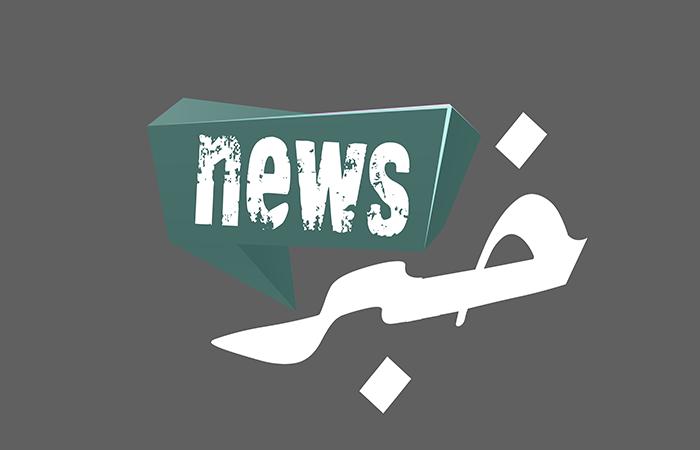Abby Sewell| The Daily Star
BEIRUT: Lebanon’s U.N. representative voiced fears of a lead-up to another Israeli invasion at a U.N. Security Council meeting convened Wednesday to discuss the alleged discovery of tunnels along Lebanon’s southern border.
During the meeting, Permanent Representative of Lebanon to the United Nations Amal Mudallali accused the international body of double standards regarding violations of Security Council Resolution 1701, adopted to end Israel’s 2006 war on Lebanon.
She pointed to Israel’s numerous airspace violations and other incursions into Lebanese territory.
“The Lebanese state did not commit any violations, while the violations on the Israeli side were done by the Israeli government,” she told the body. “If we were to call for a Security Council meeting every time Israel violated Lebanese sovereignty … you would be here 24/7.”
Mudallali said that for Lebanese residents, the rhetoric around the tunnels “triggers memories of Israeli aggression and invasions and continued occupation of Lebanese land.
“They wonder if all of this is a prelude to another aggression,” she said.
Danny Danon, Israel’s permanent representative, accused the Lebanese Army and government of looking the other way while Hezbollah built up its military capabilities in the south, and said the Army passed along information that allowed Hezbollah to cover its tracks with regard to the tunnels.
He also threatened that villages believed to house Hezbollah weapons and other facilities would be targeted in the event of an Israeli military operation.
Danon held up an aerial photograph of the village of Kfar Kila, dotted with markers of alleged Hezbollah weapons storage and other military facilities, and accused the group of using Lebanese civilians as “human shields.”
“Imagine what will happen to this village in case we will have to defend ourselves,” he said.
The U.N. peacekeeping force in south Lebanon Monday confirmed the existence of four tunnels on the border, at least two of which crossed the Blue Line.
U.N. officials have not said who is responsible for building them.
During Wednesday’s Security Council meeting, U.N. Undersecretary-General for Peacekeeping Operations Jean-Pierre Lacroix said the investigation of the tunnels and their source would be a “complex task,” but added unequivocally that the tunnels violate Resolution 1701.
“While the tunnels do not appear so far to have exit points on the Israeli side, they are a serious violation of Resolution 1701,” Lacroix said.
Lacroix also said that during protests along the Lebanese side of the border in the area of Mais al-Jabal that were attended by several Lebanese MPs, a number of civilians had crossed the Blue Line.
Some Security Council members – most notably the U.S. – pointed to Hezbollah as a threat to Israel, while others, including Kuwait, pointed to Israeli airspace violations in Lebanon and said the resolution should not be selectively enforced.
Many called for restraint on both sides. Russian Charge d’Affaires Dmitry Polyanskiy said that maintaining peace on the border was essential “to prevent escalation in the region, but also for stability in a broader context.”
“We understand the concerns, but we believe for the sake of stability there is a need for all parties to refrain from emotional polemic,” he said.In a statement issued Wednesday, Lebanon’s Foreign Ministry stressed “Lebanon’s clear position on full compliance with Resolution 1701 and its rejection of all violations of any kind whatsoever.”
The ministry said the Lebanese government had directed the Lebanese Army “to take the necessary measures to make sure the resolution is well-implemented, in coordination with the UNIFIL force, especially in light of the tension that prevailed over the past few days, and the need to intensify actions and follow up on the situation so as to prevent escalation on the southern border.
“In return, Lebanon calls on the Security Council to force Israel to stop all its violations of Lebanese sovereignty, as there are over 1,800 breaches happening per year by air, sea and land, thus averaging five violations per day.”
Prior to Wednesday’s Security Council meeting, Israeli Prime Minister Benjamin Netanyahu had called on the council to condemn Hezbollah’s “wanton acts of aggression,” designate it a terrorist organization and heighten sanctions on it over attack tunnels it has allegedly dug into Israel.
Netanyahu in September accused the group of developing precision missile plants at three sites near Beirut’s Rafik Hariri International Airport, an accusation that Lebanese officials dismissed. Netanyahu claimed that those sites have now been closed but that the group is aiming to open others.
Hezbollah Secretary-General Sayyed Hasan Nasrallah said his group has “precision and nonprecision rockets and weapons capabilities.”
The border situation, despite heightened tensions, has so far remained peaceful. However, a dispute broke out Monday after Israeli soldiers rolled out 200 meters of barbed wire along the Blue Line, while the Lebanese Army objected to its placement and asked UNIFIL forces to tell the Israelis to move it.
Local station LBCI reported that a topography unit from the Army and UNIFIL found the barbed wire’s placement to violate the Blue Line in three areas, and the NNA said the Army moved civilians away from the barbed wire area, which is near the Kroom al-Sharaki region on the outskirts of Mais al-Jabal.


